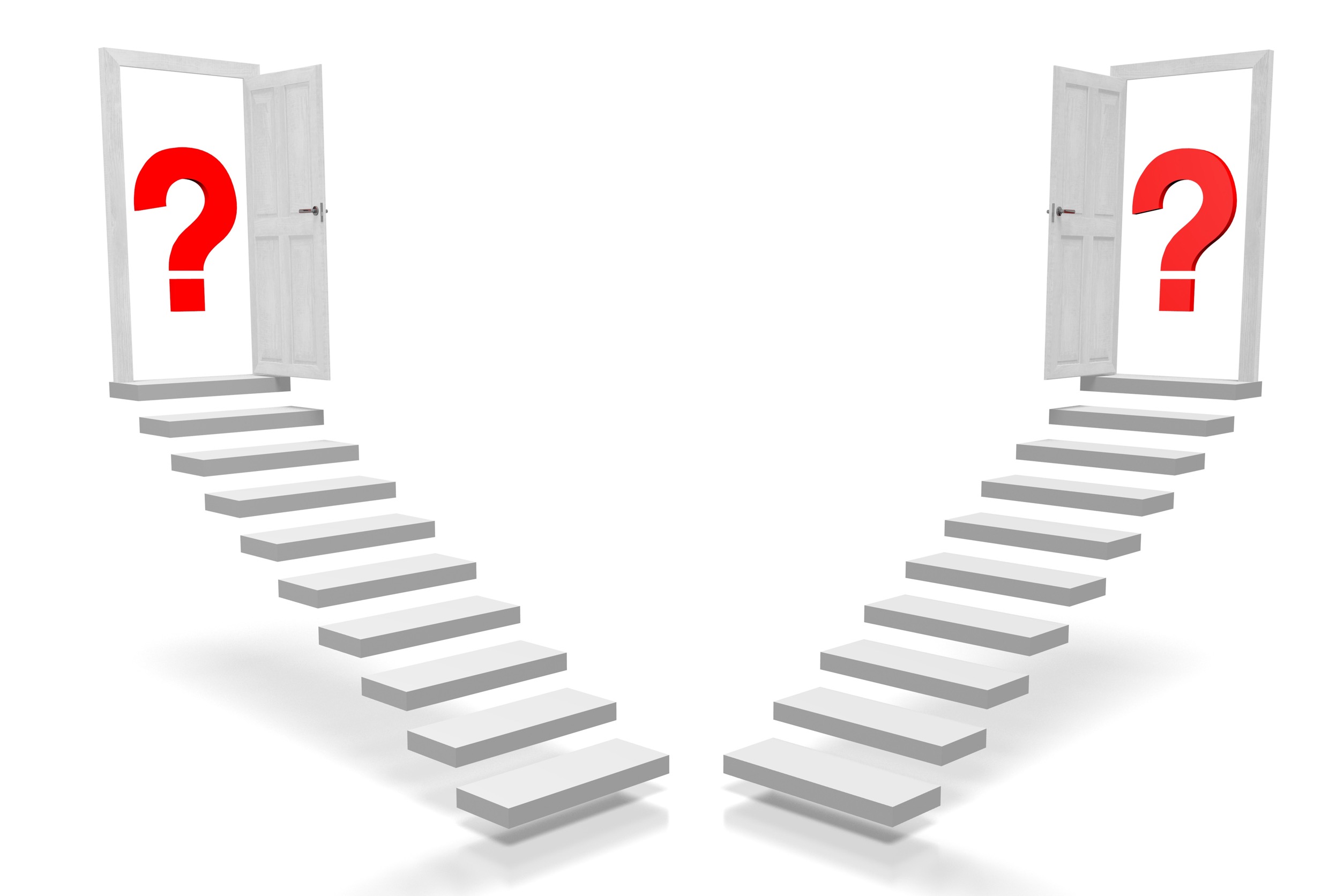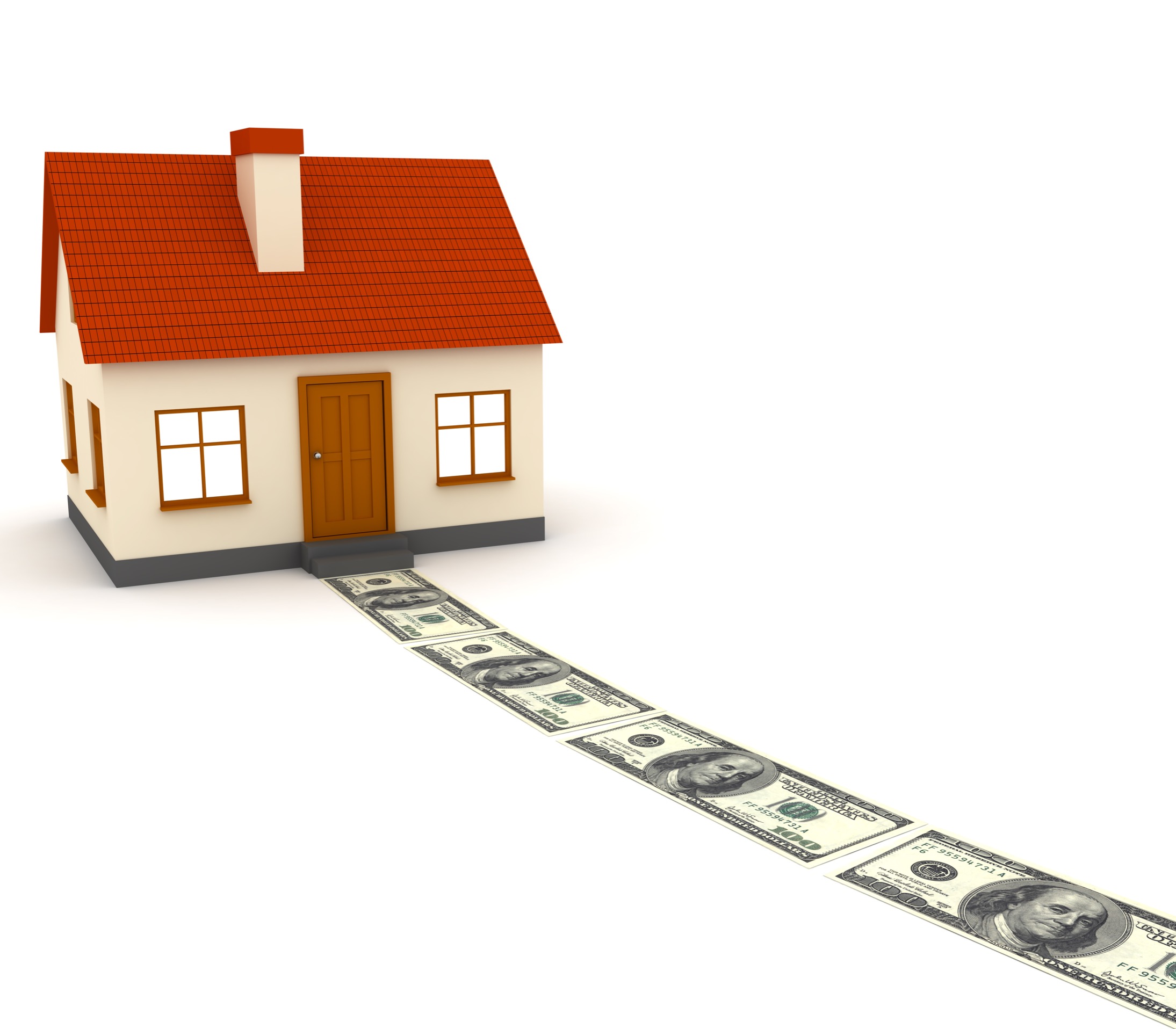- Home
- Process of Buying a Home
- Steps On Buying A Home
Steps On Buying A Home
Let’s get in to some detail here! And even at that it will only be an overview of the steps on buying a home. Not to worry though, it should give you a good starting point to understand the major steps and a recommended order for most people.
Just understand that the world is not perfect. Sometimes a recommended order is not always possible, and if you complete things in a different order it doesn’t mean you won’t have your own successes. There are many roads that lead to Rome, and it is your journey so ultimately you get to decide.

What are the Main Steps On Buying A Home?
Good question! I think it is possible to break things down in to 4 main steps on buying a home:
- First Steps - Preparing to buy a home.
- The Search - Finding the right home for you at the right price.
- Due Diligence - Inspection and confirmation that the details match your requirements (mortgage and insurance).
- Closing on the home.
It goes without saying that these steps need to be done in order. Any short cuts and it could lead to a very disappointing and very expensive result. They are each important and critical in their own way.
Like when a house is built, they need to plan it out (First Steps is all about research and planning). Then they excavate (if it is not done well you will just have to dig again); after which the foundation must be done correctly, if not everything after that will be off (kind of like due diligence and an inspection). Finally the rest of the house comes together fairly quickly so long as the finances are sorted out (just like Closing on a home).
As you can see, each step builds on the other. The first two steps requires more effort and time, while it is the easiest to back away and change course. The second two steps takes more money than time (relatively speaking), but becomes increasingly more difficult to back away from and change course.
So lets' get in to the details of each step...
1. First Steps - Preparing to buy a home
Understanding Your Financial Situation:
How much can I really afford? How much can I borrow?
This is the main question your will need to seriously answer. It is also the hardest to do because it is so easy to see the optimistic side of home buying that we often become blinded to the realities of the financial and other carrying costs.
A good rule of thumb is your mortgage payment, insurance and taxes should not be more than 36% of your household income. Although I would not leave it at that alone - it pays to get in to the details so you can come up with a more accurate assessment of your own financial situation.

How much can you save to place as a down payment? The more the better! Every dollar you can save to use as a down payment will save you at least two over the term of the loan. When you calculate the total cost of borrowing over the 25 or 30 years it adds up to a staggering amount. The faster you can pay off a mortgage the less it will cost you over time.
Where is the breaking point where the mortgage amount is no longer affordable? Once you have the payments figured out - ask yourself (especially if you have decided on a variable rate) what happens if this goes up? Re-run the calculations by increasing the mortgage rate by 5% each time, until you reach 18%-20% rates. What does the number look like? Can you increase your down payment? Where is the breaking point for the new amount?
The more time you spend with the calculator the better idea of where your own risk tolerance for debt sits. The better idea you will have of how much things actually cost, and the level of financial strain you may need to endure. All of this should help you set your “ideal” purchase price, and make an effort to set a realistic upper limit which will allow you to endure some risk on increased mortgage rates.
It is best to visit a Mortgage Broker to find out what level of debt you can qualify for and then have them run a few calculations based on the down payment you can make to find out what the initial carrying costs will be, and then do another where they raise the mortgage rate to a higher percentage to see what that number looks like as well.
** To figure out where to start on finding a Mortgage Broker and what it is they do, visit the Home Buying Services page.
2. The Search - Finding the right home
After assessing your financial situation, you can now start your search for homes that fit that criteria. It is also time to take another look at the other criteria or requirements on your list:
- How many bedrooms do you need? Do you need to work from home? What spaces will you need for children, either now or in the future?
- What neighbourhoods meet your criteria for work, schools or close to family? Does it need to have good access to public transportation? Grocery stores within walking distance? What other services are a must have in your neighbourhood or close to it?
- Have a look online and see what is for sale that might fit your basic criteria. Look at the neighbourhoods, and other properties for sale in the same area. Look for active open houses in your area of interest - if you have the ability to take a drive around there, it is a good way to find places for sale that may not have a good online presence. Head to the Process of Buying a Home page, and check out "Section 6" for links to some websites that will get you started in your search!
- Have you been to any open houses in areas that your are looking at? If not, so long as they within your target budget, that is a good first step out the door as any! Visit a few open houses, note down the features you liked, and did not like to discuss later at home. Talk to the Realtor while you are there - ask them about the neighbourhood if that is one of your main issues. Keep in mind, you might not be as concerned about the accuracy of the answer as how candid you feel the Realtor is being with you. Always take their card if they offer, it is just polite and you may want to contact them later.
- Identify your "must haves" and your "deal breakers" - you will really need to discuss this with a partner in detail. This should not be a long list, and should be limited to those things you really can't live without. For example, we really wanted a pool - the house did not have to have a pool because we had the available cash to have one installed. The deal breaker for us was either the house had to have a pool, or had a big enough back yard to install one. We had done enough research that we could give the Realtor a minimum size back yard.
Time to find a Realtor?:
Once you have done the above steps, it may be time to consider using a Realtor! Using what is referred to as a 'buyers agent', is any Realtor who prefers to help buyers (such as yourselves) find homes. You do not have to pay them directly, as they get part of the commission once a home is sold. For that reason, you must try to pick a Realtor you feel will be forthright, rather than just be interested in a quick sale. Most experienced Realtors figured that out some time ago, and don't want to waste your time or theirs.
** For more detailed information on finding a Realtor - go to the Home Buying Services page!
3. Due Diligence - Inspection et al
What do you do when you finally find a home that fits the criteria (or most of them anyways) and close to your budget? Make an offer! - conditional of course on a few things!
Now hold on. It is not quite that simple....
Pre-Offer:
When you find a house you like, and you start to get excited, that is exactly the time to pull out the pen and paper and start to list the facts. List the pros, and the cons and compare it against your list. Then schedule a viewing (or a second viewing as the case may be), in order to view the home and make a list of the key problems or potential issues - like things you will need to fix or have fixed. The lot facing, and make a list of the criteria which revolve around the neighbourhood, such as distance from schools, etc. Compare these against your criteria list to did at the outset. Is it worth making an offer? If the answer is "possibly", then keep the information handy, and view a few more houses. If the answer is a strong "Yes", then let the Realtor know you are ready to make an offer.
The Offer:
Your offer should always be "conditional" (a term frequently used to describe contractual conditions which must be fulfilled or the contract becomes null and void). Your offer is a binding contract, so it should only be done when you are serious about buying. It will require you to make a deposit of a few thousand dollars, and if accepted binds the buyer and seller.
The following conditions should always be considered, the might be more at the recommendation of your Realtor or perhaps your lawyer, but this is generally a good start:
- conditional on your lawyers' review
- conditional on confirmation of financing
- conditional on inspection of the property.
Due Diligence:
This is a term often used to describe a process of verification - checking to make sure that what you are buying is as advertised! The lawyers will check to make sure the property is owned by the person selling and that there are no outstanding "liens" or "encumbrances" on the property. A "lien" is often a debt attached to a property, like a mortgage or when someone uses the property as collateral for any sort of financial loan. It could also be a condition placed on the property resulting from a court imposed judgement against the property owner.
There may be other "encumbrances" or restrictions placed on the property by the local municipality or other level of government. For example, there may be an "easement" (a portion of land set aside for a specific use), or a restriction to building or expansion (pools or other buildings). If this is part of your "no deal" criteria then better to know that before you move in!
Inspection:
Shortly after the offer is accepted, and you have provided the down payment, you should arrange for a home inspection by a qualified Home Inspector. If the Inspection Report identifies issues you were not able to see when you made your offer, then it gives you 3 choices:
- Negotiate a new price to accommodate the need for repairs or replacement
- Walk away and have your deposit refunded.
- Accept the issues and waive the contractual condition.
If the issues look too risky, or may cost you more than you can afford, it may be better to walk away. These are never easy decisions and it will be a stressful process. If you are not comfortable, you should let the situation or other people pressure you in to the purchase of the house. Regardless of who convinces you, you have to remember it is your decision, and you will be on the hook for the costs, not the others.
On the positive side, if the issues with a home are relatively minor, the decision will be easier to waive the Inspection Condition.
Financial Conditions:
This is used because while you may have been pre-approved for a loan amount, the lender may view the home you want to buy in a totally different light than you do. A buyer sees "potential", and a lender will see "risk". Better to find out that the lender sees the property as "too risky" before you are on the hook and will lose you deposit for having to cancel the purchase. Make sure to complete all the paperwork the lender requires, and get confirmation on the loan amount, the term and the mortgage rate. If the financing still matches your budget, then you are good to go...and if it doesn't, time to reconsider the purchase!
Waiving Conditions:
If all the expectations line up, then you can waive the conditions and the Offer will become a "Purchase and Sale Agreement". Past this point there are financial consequences to cancelling the deal. As a buyer, if you change you mind you will lose your deposit. You may be sued for additional costs depending on the damages incurred by the seller. The seller also is on the hook, and if they were to suddenly decide to not seller the home, they may be liable for costs incurred by the previous buyer.
Those situations are thankfully rare, and most transactions are completed.
4. Closing on the home

Closing on the home is, a side from actually moving in, the last of the steps on buying a home. It can also be the most nerve wracking as well - for most people this will be the biggest down payment you have made likely. No small steps by any means!
Finalizing The Mortgage:
You will have to spend a fair bit of time completing paperwork with the banks. You will now need to provide any missing documents not collected in the "pre-approval" phase and the banks will have to complete the "know your client" or KYC legislative requirements. Try to stay as organized as possible to keep track of which items are outstanding so there are no nasty surprises on the actual closing day.
Home Owners' Insurance:
You will need to get quotes from several Insurance Brokers - most folks will get a quote from the company that insures their automobile to start with as you often get a discount for having both with the same company. Your lender will want a copy of your policy as well as your lawyer.
** You may want to have a look at our Buying Home Insurance Before Closing page for more information on this subject.
Closing Costs:
Your Lawyer, Solicitor or Title Company will be collecting the remaining costs for closing including any transfer taxes, down payment, and fees required to complete the transaction and register you on the legal Deed or Title for the property. In the "old" days that meant either a certified check or bank draft. Today much of the transactions are electronic, so an e-transfer might also be possible.
You will also likely be offered the "opportunity" to purchase Title Insurance. This is an insurance policy to cover any mistakes related to the Title Search or property lines which require legal fees to correct, or other legal costs. Usually the cost of this type of insurance is not worth ignoring, and in some States it is a requirement. Regardless, you should still have the Title Searches completed, if there is a complication, you will have way more leverage to resolve it in your favour prior to Closing than after!
** For tips on how to find a Lawyer, Solicitor (Canada) or Title Company visit the Home Buying Services page.
** You may also want to visit the Home Buying Closing Costs page to help refine your estimates!
Final Thoughts
There is more to tell of course, as the steps on buying a home can vary and the above is more a guideline. It should give you a good overview on what the major steps are and the road you will will need to travel, as you strive to Own The Door!
** If you are just starting out, and you have not had a chance to visit the Buying A Home First Steps section, I would recommend that as a good way to focus your priorities and your likely your research as well!
HOME > Process of Buying A Home > Steps On Buying A Home (This page)